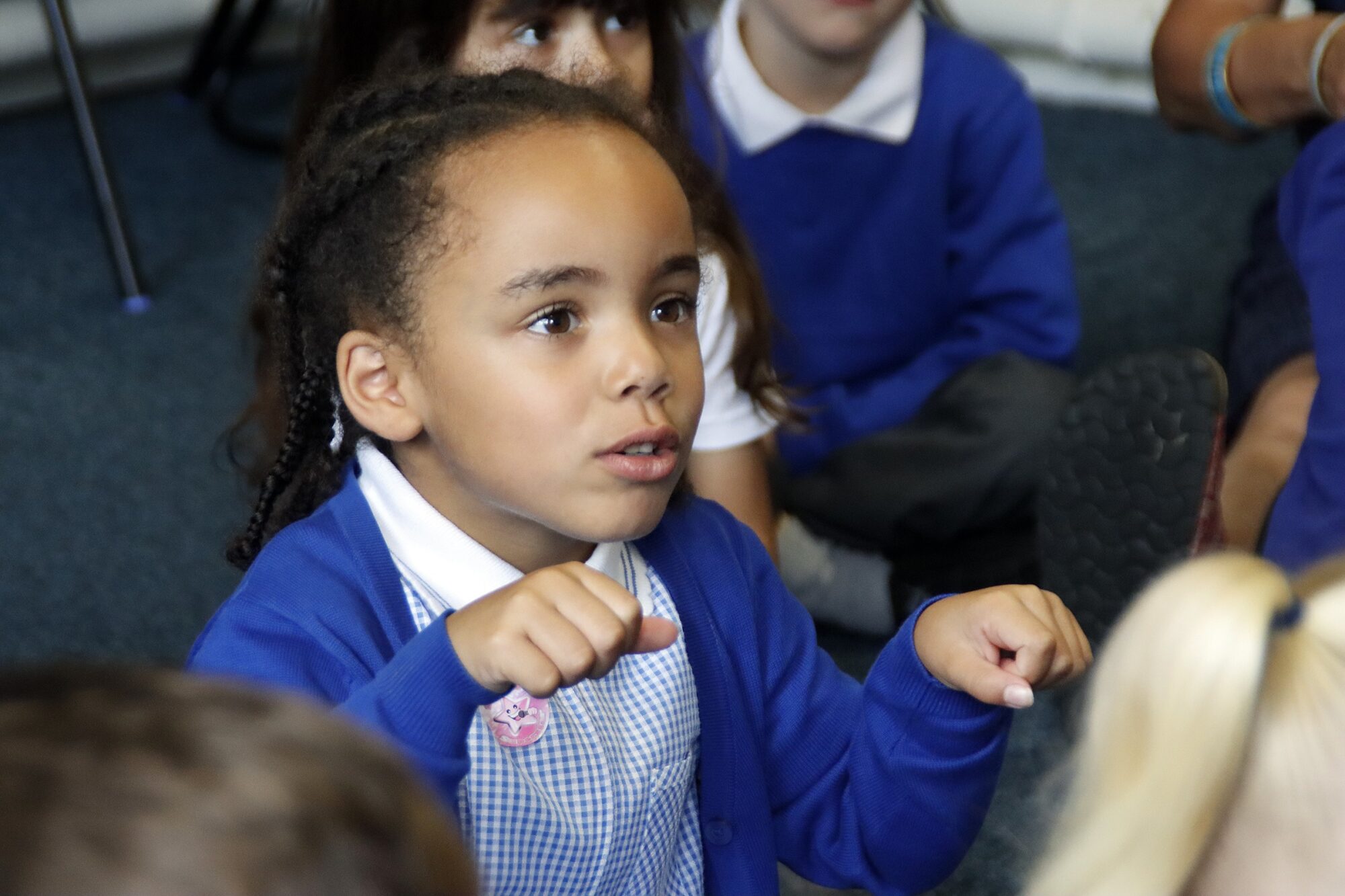Upcoming Events for Year 1
Here’s what you’ve got to look forward to over the coming weeks.
Curriculum
At KS1 and KS2 we follow a two year sequence:
2025/2026 and 2027/2028
Autumn 1 – 3D: Clay
Autumn 2 – Food Technology
Spring 1 – Printing
Spring 2 – Mechanica | Systems (axles and wheels)
Summer 1 – Portraits, including mixed media
Summer 2 – Structures
2026/2027 and 2028/2029
Autumn 1 – Painting
Autumn 2 – Mechanical Systems (Sliders and Levers)
Spring 1 – Collage
Spring 2 – Food Technology
Summer 1 – Portraits, including mixed media
Summer 2 – Textiles – weaving
Each year through KS1-2 we cycle through the following units at increasing depth:
- Productivity
- Programming
- Computational Thinking
- Creativity
- Networks
- Communication/collaboration
Learning to Read
Children in the early years who are learning to read (decode) follow the Read Write Inc. synthetic phonics program.
This enables them to work to decode a book appropriate for their phonic knowledge, to begin to develop reading stamina and fluency. At this point, children take part in our Oral Shared Reading program, so they can work on their comprehension skills using a shared text, read by an expert teacher.
Children in Year 1 learn about the following subjects:
The living world
- Biomes
- Hot and cold climates
- Rainforests
The economic world
- Food, water and energy
- The changing economic world
- Tourism and ecotourism
- Case study: Cambridge
We cover two topics a year for History in Key Stage 1 and Key Stage 2. In Year 1 we look at Childhood, then Buildings and Towns.
Our school uses Maths Mastery to teach the subject. In Year 1 we cover:
- Numbers to 10
- Addition and subtraction within 10
- Shape and patterns
- Numbers to 20
- Addition and subtraction within 20
Autumn 1 – Getting to know you! Singing.
Autumn 2 – Introduction to musical elements 1
Spring 1 – Introduction to musical elements 2
Spring 2 – Introduction to musical elements 3
Summer 1 – Introduction to musical elements 4
Summer 2 – Reflect, Rewind and Replay Summer concert/production
- Gymnastics
- Dance
- Attack/defend/shoot
- Hit/catch/run
- Send/return
- Run/jump/throw
We follow a three-year cycle (see below) covering the major world religions as well as worldviews.
The programme is designed so that each previously taught religion is reviewed and comparisons are drawn between the content. Over six years, each child will have studied each identified religion/non-religion twice, studying in greater depth and making connections between religions.
Pupils are taught key substantive knowledge for each religion and worldview and each lesson is broken down into one of 3 disciplines: Theology, philosophy and Human/Social Science.
Parents/carers have the right to withdraw their child from all or part of RE – please contact the principal if you wish to explore this as an option.
The Paradigm primary schools follow the Jigsaw programme.
From September 2019 we have allocated 45 minutes per week to PSHE at KS1 and KS2.
- Being Me in My World
- Celebrating Difference
- Dreams and Goals
- Healthy Me
- Relationships
- Changing Me
Autumn 1 – Plants and Seasons
Autumn 2 – Materials and Forces
Spring 1 – Animals including Humans
Spring 2 – Plants
Summer 1 – Materials
Summer 2 – Living things and their habitats
INSET Days for this term are:
- Monday 5th January
Pupils should not attend school on this day.
The first day back after the Christmas holidays for pupils is Tuesday 6th January 2026.
The first day back after the February half term for pupils is Monday 23rd February 2026.
(Full term dates for staff: 5th January – 27th March.)
INSET Days for this term are:
- Monday 13th April
- Monday 20th July
Pupils should not attend school on these days.
The first day back for pupils after the Easter holidays is Tuesday 14th April 2026.
The first day back after May half term for pupils is Monday 1st June 2026.
(Full term dates for staff: 13th April – 20th July.)
